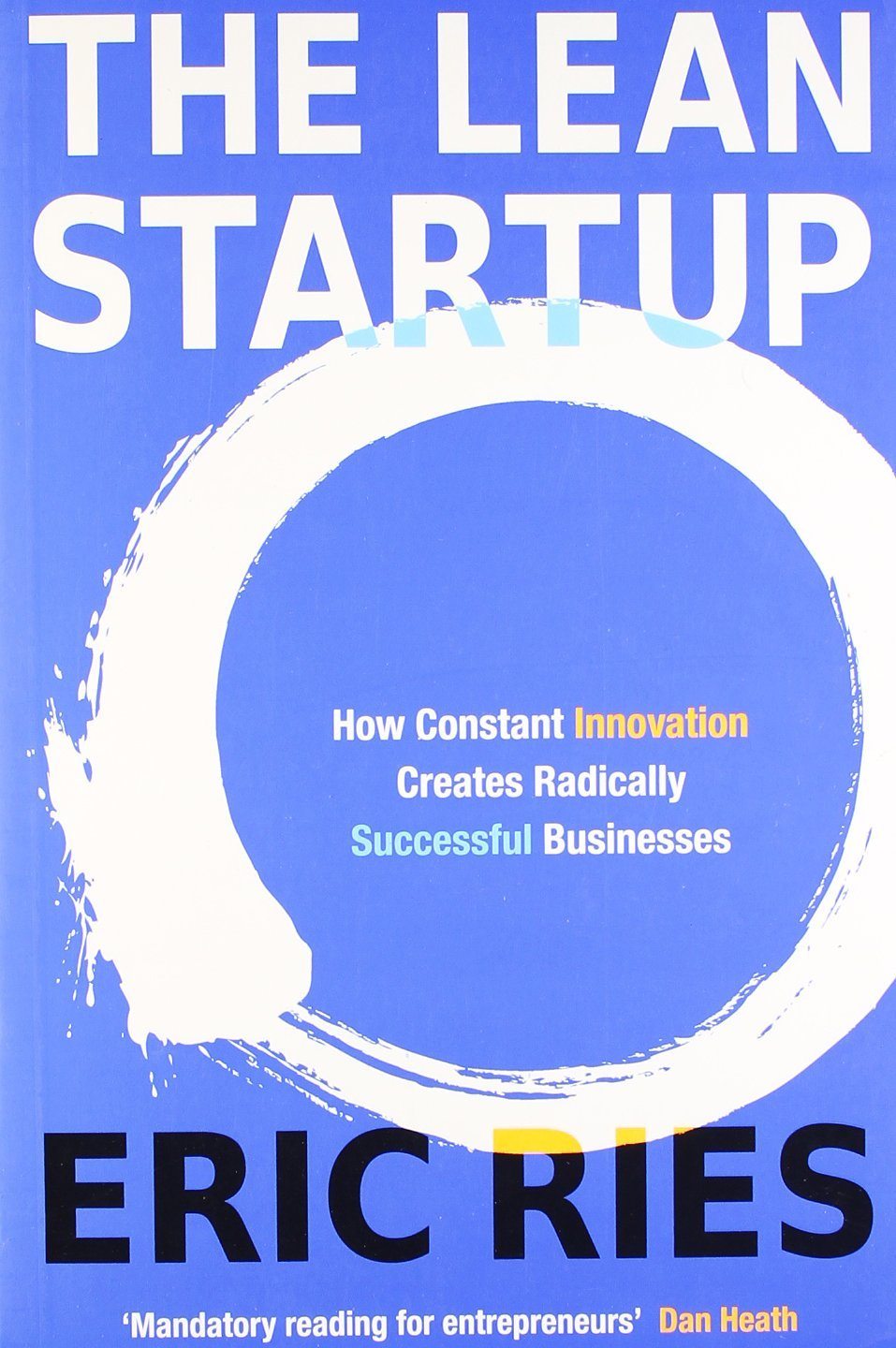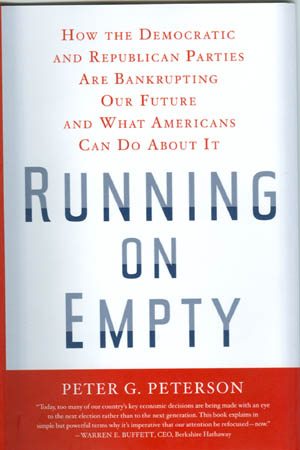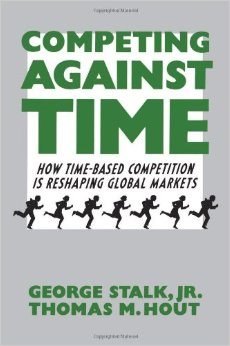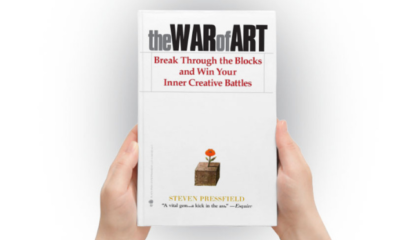Motivation
10 Inspirational Books Recommended By Highly Successful People

I am often inspired by the life stories of really successful people. Some, like Oprah Winfrey, have come from pretty terrible circumstances.
Others, like Bill Gates, come from rather ordinary white American upbringings. Others are the children of immigrants, like Salman Khan, founder of Khan Academy. One part of these individuals’ lives I have never quite considered is what books they read – what are their favorites, and have those books influenced them, inspired them, or simply entertained them?
Here are 10 books that are recommended by some current icons:
1. Freakonomics and SuperFreakonomics by Stephen Levitt and Stephen Dubner
 These two books provide new twists on the study of economics, pulling together seemingly unrelated phenomena and showing their relationships. In the first book, such chapters as “Why Drug Dealers Still Live with their Mothers,” describes the entire corporate structure of drug kingpins and the fact that the corner drug dealer would make more working at McDonald’s. The second book is just as “freaky,” with compelling chapter titles such as, “What do Prostitutes and Department Store Santa’s Have in Common?
These two books provide new twists on the study of economics, pulling together seemingly unrelated phenomena and showing their relationships. In the first book, such chapters as “Why Drug Dealers Still Live with their Mothers,” describes the entire corporate structure of drug kingpins and the fact that the corner drug dealer would make more working at McDonald’s. The second book is just as “freaky,” with compelling chapter titles such as, “What do Prostitutes and Department Store Santa’s Have in Common?
“I really liked Freakonomics and I think SuperFreakonomics is even better. I recommend this book to anyone who reads nonfiction…one of my favorite things in the book is the debunking of many of the studies economists have done that they use as the basis for claiming that people are irrational in their choices….” – Bill Gates (Founder of Microsoft)
2. Gulliver’s Travels by Johnathan Swift
 Johnathan Swift was a satirical writer of the 18th century who criticized England, the self-righteousness of governments that rule over others because they are somehow more enlightened or morally correct (referring to England’s ruling over its colonies), and the foibles of human nature in general.
Johnathan Swift was a satirical writer of the 18th century who criticized England, the self-righteousness of governments that rule over others because they are somehow more enlightened or morally correct (referring to England’s ruling over its colonies), and the foibles of human nature in general.
“To learn, among other satirical lessons, that most of the time humans are Yahoos (slaves in the book).” – Neil DeGrasse Tyson
3. The Lean Startup by Eric Ries
 This book proposes ways in which new startups can scientifically, more efficiently, and more rapidly test out their innovations, so that money and time are not wasted. As such, the methods proposed by Ries, are operational both in a college dorm room and in a corporate boardroom. Clearly, this is a book for today’s entrepreneur.
This book proposes ways in which new startups can scientifically, more efficiently, and more rapidly test out their innovations, so that money and time are not wasted. As such, the methods proposed by Ries, are operational both in a college dorm room and in a corporate boardroom. Clearly, this is a book for today’s entrepreneur.
“If you want to read only one book on startups, you should choose The Lean Startup. It’s about one of the hottest startup theories today. Startup is all about testing your idea, hypotheses, and then finding their best combination. Like a science, not a casino.” – Dustin Moskovitz (Co-Founder of Facebook)
4. An Inconvenient Truth by Al Gore
 According to Branson, he began reading the book while in the bathtub and was so absorbed and disturbed at the same time that he could not stop. Gore has made the case about climate change and man’s guilt in its cause, with data that really cannot be interpreted any other way.
According to Branson, he began reading the book while in the bathtub and was so absorbed and disturbed at the same time that he could not stop. Gore has made the case about climate change and man’s guilt in its cause, with data that really cannot be interpreted any other way.
Branson was so shaken by the book, and, specifically, the contributions of the transportation industry to the problem that he subsequently has pledged all of the profits from Virgin Airlines to clean energy efforts and has made it his mission to pressure other “dirty” industries to contribute as well.
5. The Happiness Hypothesis: Finding Modern Truth in Ancient Wisdom by Jonathan Haidt
 This book of lessons from the ancient has pearls of wisdom such as giving and serving are the way to happiness and that reaching toward a goal and not reaching it can be happiness too.
This book of lessons from the ancient has pearls of wisdom such as giving and serving are the way to happiness and that reaching toward a goal and not reaching it can be happiness too.
“This is probably the book that’s made the biggest impact on my life over the past five years. The author examines the beliefs about happiness of different cultures, religions and philosophers from different periods, and then compares those beliefs with research that’s been done on the science of happiness. The book is thought-provoking and the concepts can be applied to business and to life.” – Tony Hsieh (CEO of Zappos)
6. Catcher in the Rye by J.D. Salinger
 This is the story of Holden Caulfield, a teen who has been expelled from school and is in search of himself. The events and encounters he has are typical of a teen in the 1960’s, but are just as relevant today as then. This is also on the favorite list of Bill Gates.
This is the story of Holden Caulfield, a teen who has been expelled from school and is in search of himself. The events and encounters he has are typical of a teen in the 1960’s, but are just as relevant today as then. This is also on the favorite list of Bill Gates.
“It’s very clever. It acknowledges that young people are a little confused but can be smart about things and see things that adults can’t. I’ve always loved it.” – Bill Gates (Founder of Microsoft)
7. Running on Empty by Peter Peterson
 Peterson writes a scathing condemnation of all politicians who are too concerned about their own political futures than to do the right things – fix the tax code; stop huge cuts and subsidies to corporations that don’t need or deserve, pass laws that will harm future generations, and fail to fix critical programs like Social Security and Medicare.
Peterson writes a scathing condemnation of all politicians who are too concerned about their own political futures than to do the right things – fix the tax code; stop huge cuts and subsidies to corporations that don’t need or deserve, pass laws that will harm future generations, and fail to fix critical programs like Social Security and Medicare.
“Today, too many of our country’s key economic decisions are being made with an eye to the next election rather than to the next generation.” – Warren Buffet
8. The Power of Now by Eckert Tolle
 Philosopher and “new age” spiritualist Tolle posits that time is an illusion and that there really is only “now” for any of us. But living in the moment does not mean that we are to be superficial “carpe diem” actors – we need to engage in “mindfulness,” to become one with the Universe through that mindfulness, and that will take us to the action we are meant to pursue. There is a lot of Zen Buddhism in this book, and Oprah Winfrey recommended it many times on her iconic TV show, having Tolle on as a guest several times.
Philosopher and “new age” spiritualist Tolle posits that time is an illusion and that there really is only “now” for any of us. But living in the moment does not mean that we are to be superficial “carpe diem” actors – we need to engage in “mindfulness,” to become one with the Universe through that mindfulness, and that will take us to the action we are meant to pursue. There is a lot of Zen Buddhism in this book, and Oprah Winfrey recommended it many times on her iconic TV show, having Tolle on as a guest several times.
9. Competing Against Time by George Stalk
 The thesis of this work is that time is now added to the other three critical factors of competitiveness – money, productivity, and quality. In fact, says the author, because changes and innovations are occurring so rapidly, that time may indeed come to be the single most important factor in remaining competitive.
The thesis of this work is that time is now added to the other three critical factors of competitiveness – money, productivity, and quality. In fact, says the author, because changes and innovations are occurring so rapidly, that time may indeed come to be the single most important factor in remaining competitive.
Tim Cook (CEO of Apple) is so enamored with this book, that he passes it out everywhere and recommends its reading to all new hires at Apple.
10. Life is What You Make It by Peter Buffet (Warren Buffet’s son)
 This book is also on the favorites lists of Bill Clinton and Jamie Dimon. This book is autobiographical, of course, and through it, Buffett expounds on the wisdom he has accumulated from his family and his experiences. From his family, he learned that “everyone must find his own way in life.” He also challenges his readers – rather than take the way of least resistance, choose the path to greatest satisfaction.
This book is also on the favorites lists of Bill Clinton and Jamie Dimon. This book is autobiographical, of course, and through it, Buffett expounds on the wisdom he has accumulated from his family and his experiences. From his family, he learned that “everyone must find his own way in life.” He also challenges his readers – rather than take the way of least resistance, choose the path to greatest satisfaction.
“With home-spun, heart-felt wisdom Peter Buffet ponders how to make a meaningful life, while making a living. Life is What You Make It is thought-provoking, worthwhile reading.” – Ted Turner (Media Icon and Founder of CNN)
I hope you enjoyed my article! Which book is your favorite from this list?
Life
10 Research-Backed Steps to Create Real Change This New Year
This New Year could finally be the one where you break old patterns and create real, lasting change.

Every New Year, we make plans and set goals, but often repeat old patterns. (more…)
Life
How Sports Quietly Build Kids’ Emotional Intelligence And Why It Matters for Life
Sports create a natural loop of awareness and action that kids carry into real life

A missed shot in basketball. A tumble during a gymnastics routine. A tough loss in karate sparring. These moments can feel huge to a child, sparking frustration, embarrassment, or even tears. (more…)
Did You Know
7 Surprising Life Lessons Video Games Taught Me That School Never Did
Want to get better at something? Study the pros. That applies to both life and video games

If you play video games, you’ll quickly discover you’re not alone. You’ll meet people who share your interests, challenge your skills, and even teach you something new about yourself. I started gaming when I was 10. A classmate invited me to play after school, and I was hooked. (more…)
Featured
The Psychology of Motivation: How to Keep Moving Forward Every Day
Discover how daily habits, self-discipline, and a few clever strategies can spark your drive and focus.

You wake up on a typical Monday morning, glance at your clock, and realize it’s time to get moving. How do you summon that inner drive to deal with your responsibilities with a genuine smile on your face? (more…)
-

 Health & Fitness2 weeks ago
Health & Fitness2 weeks agoWhat Minimalism Actually Means for Your Wellness Choices
-

 Did You Know1 week ago
Did You Know1 week agoWhy Most Online Courses Fail and How to Fix Them
-

 News6 days ago
News6 days agoBrandon Willington Builds 7-Figure Business by Ignoring Almost Everything
-

 Business1 week ago
Business1 week agoIf Your Business Internet Keeps Letting You Down, Read This


























4 Comments